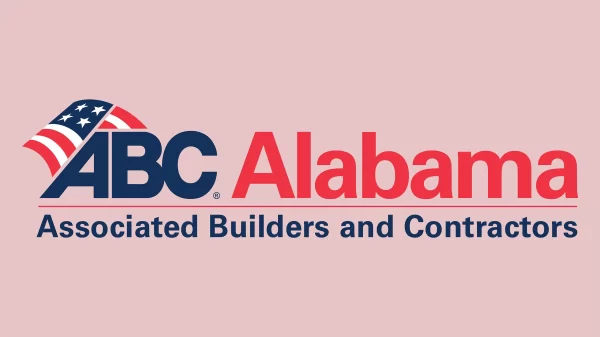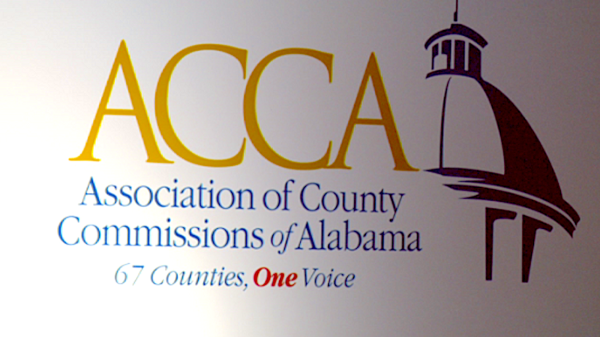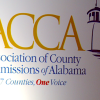By Bill Britt
Alabama Political Reporter
A report by Jonathan Lee, writing for the Mises Institute located in Auburn, lays bare the flawed economic thinking of those who oppose small, short-term consumer lenders, such as payday and title loans.
“[P]olicymakers are thinking with their hearts while sitting in their air-conditioned offices, away from the facts and any form of interaction with the real world of short-term loans,” Lee states.
Using words like “predatory lending” and “price-gouging,” left-leaning special interests, and even the Consumer Financial Protection Bureau founded under the guidance of Democrat United States Senator from Massachusetts Elizabeth Warren, ignore economic realism while promoting a nanny-state wisdom that undercuts the basic understanding of market-based capitalism.
“Instead of pointing fingers and name calling at the short-term lending industry, they should be applying simple economics to their proposals to see if they hold water,” Lee writes.
Regarding a June 2016 proposal by the CFPB, Lee examines a paper released by the CFPB and PEW Charitable Trusts, that aims to add credence to a call for new regulations on the small-lending industry.
The joint study argues, “[W]ith payday and vehicle title loan markets, lenders’ and borrowers’ interests are not aligned because profitability for lenders depends on loans being unaffordable for customers.” However, Lee points out that, “this argument stand for any industry that sells a product?”
Using the iPhone as an analogy, Lee writes, that an iPhone 6 costs approximately 200 dollars to produce but sells for 699 dollars or three times that amount it cost to build.
“To borrow a phrase from the left, that’s ‘price-gouging’ to the tune of 300 percent,” Lee writes. “Yet there is no noise from policymakers claiming to call Apple a company that cheats its customers.”
He further questions why short-term lenders are, “held accountable in any way that is different than Apple?”
Here again, Lee questions the logic of those who wants to deny short-term lenders the right to charge interest rates that serve as a buffer to the risk of extending credit to low-income borrowers.
But perhaps more shocking is Lee’s citing a study that was hidden from public view because it showed that 98 percent of those surveyed were positive about their payday lending experience. The survey’s results were closely guarded until a Freedom of Information Act request exposed the real results.
https://www.af247.com/cfpb-ignored-positive-payday-loan-customer-tell-your-story-testimonials
CFPB’s “Tell Your Story” portal received 12,308 comments praising the payday lenders, with fewer than 240 customer comments – less than two percent – being negative. Of the 240 negative comments, 84 comments were mistakenly categorized as payday lending and were actually complaints about banks, insurance complaints and student loan complaints.
Of course, this is only one example of do-gooders hiding or misrepresenting facts to promote their agenda to destroy small lending operations in Alabama and the nation.
A few Alabamians agreed to share their experience with payday lending, and they mirror many of the comments hidden by the CFPB.
Forest, a 30-something from Tuscaloosa, when asked if he understood the interest rates associated with a payday loan said, “Oh yeah, most definitely. I mean, they have charts literally all over the walls that tell you the terms, and then they tell you the terms. And then they hand you a contract that tells you the terms. I mean, if you can’t read it, you know, then that’s on you.”
Forest borrowed 300 dollars for repairs on his truck. “I needed some money to get my truck fixed, and I did not – didn’t have the $300 to do it. If I wouldn’t have my truck fixed, I would have lost my job. I would not have money the next week for, you know, for my daughter and everything else.”
Lola, an older Birmingham resident, said she knew what she was getting into and was happy with her experience. When asked why she chose payday lending she said, “Say, like a month, and you did not have it to pay a light bill, or maybe you needed it for groceries. I mean, they let you have it where, otherwise, you would not have it.” She further explained, “Family members cannot always help you, and they will let you have it and pay it back before the month is out. That’s what they do here. If you need $150 or $200, and that’s all you needed for the month, they don’t try to push you and get you to borrow more.”
Lee believes that by withholding information, the CFPB reveals its true intentions.
“This holding back of information demonstrates that the Bureau is not truly searching to help the people it says it wants to help. Rather, they have a keen eye for policy symbolism, and the flash of ‘fighting for the underdog’ when in fact they are irreversibly harming them while sticking a knife in their back.”
As the elderly Lola said in her interview, “You have more to do up there in the Legislature; there’s a lot of other things you could be doing besides meddling in this. And there’s a lot of people that are poor, or they don’t make enough, they need these places like this so that they can borrow.”
The Mises Institute located adjacent to the campus of Auburn University, “exists to promote teaching and research in the Austrian school of economics, and individual freedom, honest history, and international peace, in the tradition of Ludwig von Mises and Murray N. Rothbard.”
Interviews were conducted by industry leaders and were found on Youtube.























































